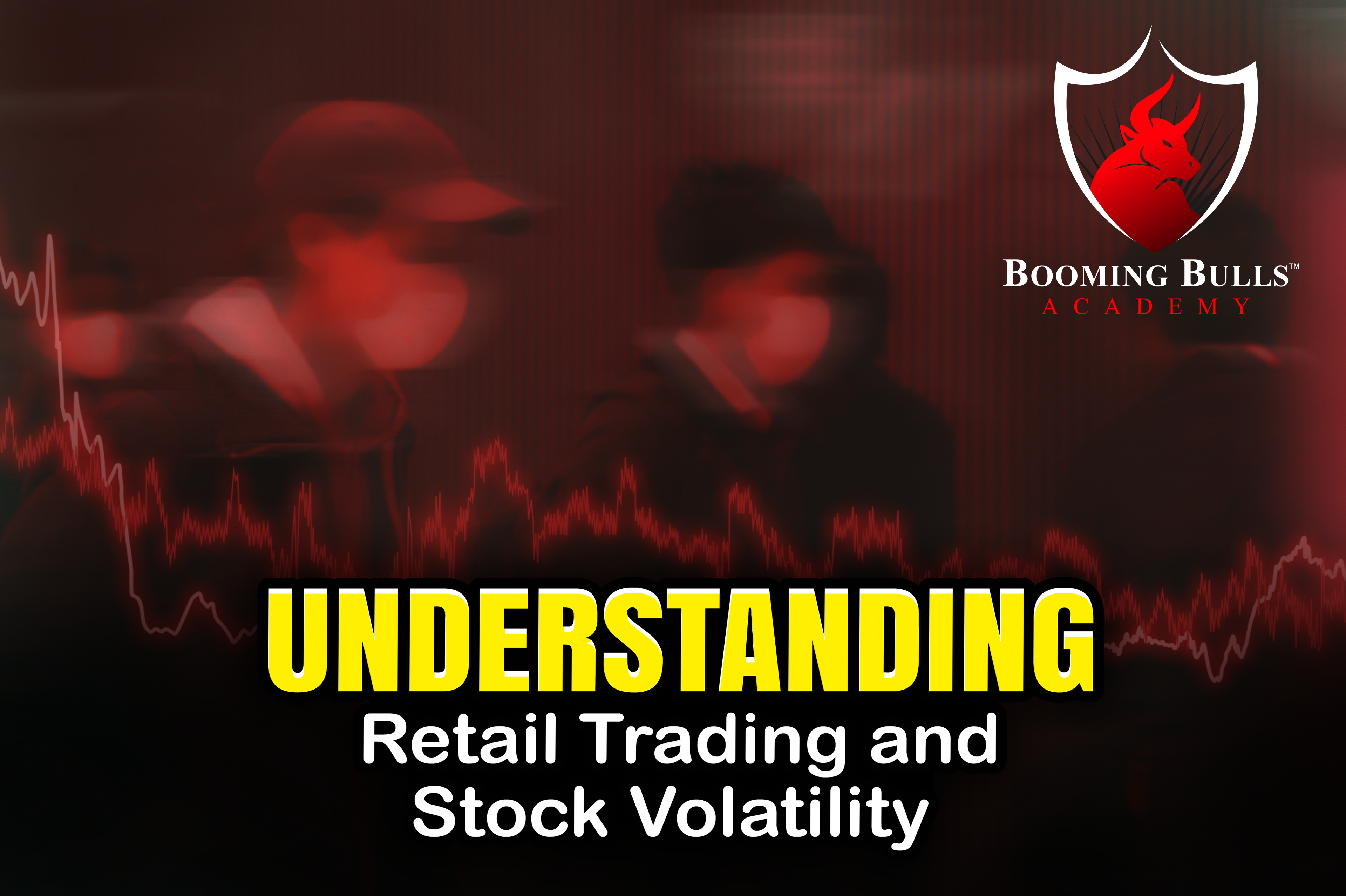

Retail trading and stock market volatility are two interconnected phenomena that have significant implications for both individual investors and the broader economy. This blog post will explore the dynamics of retail trading, its impact on stock market volatility, and strategies for navigating this environment.
Retail trading refers to the buying and selling of stocks, bonds, and other securities by individual investors, as opposed to institutional investors like mutual funds, pension funds, or hedge funds. With the advent of online trading platforms and apps, retail trading has become more accessible, allowing a broader range of people to participate in the stock market.
One key characteristic of retail traders is their varied levels of experience and expertise. Some are well-informed and strategic, while others might be newer to the market or driven by short-term trends and social media hype. This diversity in trading behavior and motivation can have a substantial impact on the market.
Stock market volatility refers to the frequency and magnitude of price fluctuations in the stock market. While Volatility is a normal part of market behavior, excessive volatility can be a concern for both traders and the overall stability of the financial system.
Retail investors have become a powerful force in the stock market. The surge in retail trading, fueled by low commission fees and easy-to-use trading platforms, has increased their influence on market dynamics. For instance, concerted actions by retail traders, as seen in certain high-profile cases involving heavily shorted stocks, can lead to significant price swings and heightened volatility.
Retail traders are often more susceptible to emotional trading than institutional investors. This can lead to herd behavior, where a large number of retail traders buy or sell specific stocks based on fear or excitement, rather than fundamental analysis. Such behavior can exacerbate market volatility, with rapid price increases followed by swift declines.
For retail traders, navigating stock market volatility requires a blend of discipline, research, and Risk Management. Here are some strategies:
Diversification is key to managing risk. By spreading investments across different asset classes, sectors, and geographies, retail traders can mitigate the impact of volatility in any single area.
Maintaining a long-term perspective helps in weathering short-term market fluctuations. Long-term investing strategies are generally based on fundamental analysis and can be less affected by short-term volatility.
It’s crucial for retail traders to conduct their own research and make informed decisions, rather than simply following market trends or social media hype. Independent analysis can help in making more rational investment choices.
Stop-loss orders can be a useful tool for managing risk. By setting a predetermined price at which a stock is automatically sold, traders can limit potential losses in a volatile market.
The stock market is complex and ever-changing. Continuous education about market trends, investment strategies, and economic factors can empower retail traders to make better decisions.
The rise of retail trading has added a new dynamic to stock market volatility. While it offers opportunities for individual investors to participate in the market, it also poses challenges in terms of heightened volatility and the potential for large, rapid price swings. Navigating this environment requires a balanced approach, focusing on risk management, informed decision-making, and a long-term investment perspective. By adopting these strategies, retail traders can better manage the risks associated with stock market volatility and strive for sustained investment success.
If you want to know more about Risk Management & Intraday Trading Strategies you can refer to our previous blog on Importance Of Risk Management In Trading and 10 Best Intraday Trading Strategies.
Open a Demat Account using our link to get support from us – https://bit.ly/3gyhIWN and send your ID to [email protected]
Happy learning!
Good